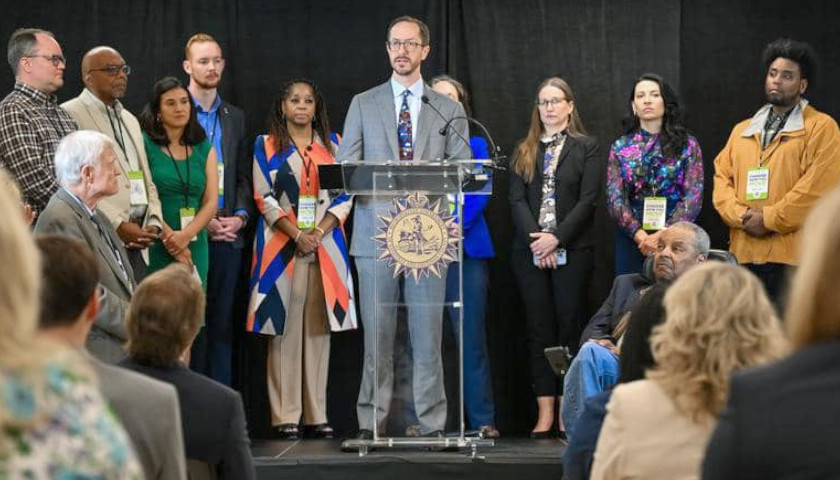Shelby County Schools would save more than $2,000 for each student who chooses to utilize Education Savings Accounts, and Metro Nashville Schools would save more than $500 for each student who uses them.
This, according to a new research report that staff at the Beacon Center of Tennessee published Thursday.
Beacon is a Nashville-based right-of-center think tank.
“Beacon’s latest study on school choice in Tennessee is consistent with what we have seen in other states, that educational choice saves public schools money while giving parents more options,” said Beacon Policy Director Ron Shultis, in an emailed press release.
“While educational choice detractors use scare tactics and unfounded claims that ESAs take money out of the educational system, nothing could be further from the truth. Not only does educational choice give students who leave better outcomes, but it also helps those children who stay. If Tennessee’s ESA program reached the capped 15,000 student limit, these two school districts would save a combined $21 million a year.”
Last year Tennessee Gov. Bill Lee signed The Tennessee Education Savings Account into law. Lawmakers said the law would give low-and moderate-income families the opportunity to have new educational opportunities.
The Tennessee ESA Act passed the General Assembly as a pilot program, with limits on the number of students who could take advantage of it. The program also had geographic restrictions for eligible students, mainly limited to those currently attending public school in either Metro Nashville Public Schools or Shelby County Schools, according to the Beacon report.
“Metro Nashville and Shelby County sued the state over the program, with Nashville Mayor John Cooper stating that the program would ‘siphon resources from public schools that educate the city’s most needy students.’ Just like Mayor Cooper, opponents of school choice often proclaim that these programs take funds away from public schools, especially from classrooms that need funding the most,” the report said.
“The assumption that the ESA pilot program would remove all funding or add costs to the district is unfounded, since the ESA value is less than current per-student costs and only applies to students that have been enrolled in a public school within these two districts. This ensures no student already enrolled in a private school would be able to use funds meant for public school students. The claims also fail to acknowledge any savings that come from such programs and inaccurately assume all educational costs are fixed.”
– – –
Chris Butler is an investigative journalist at The Tennessee Star. Follow Chris on Facebook. Email tips to [email protected].








